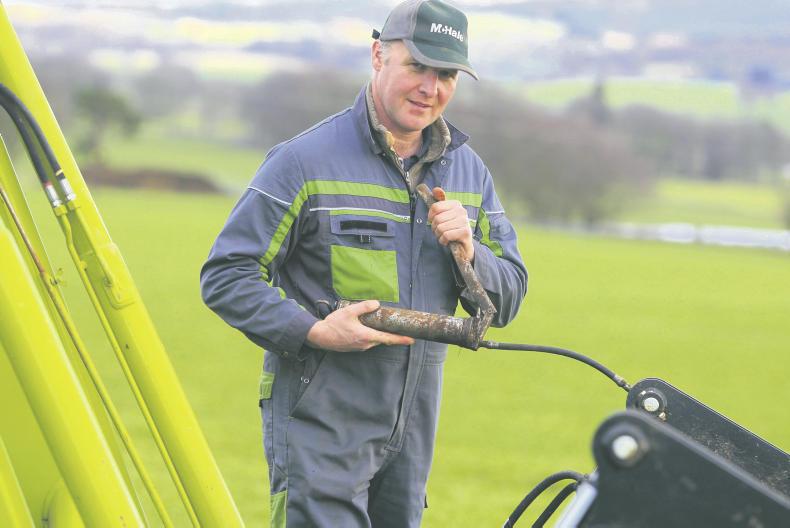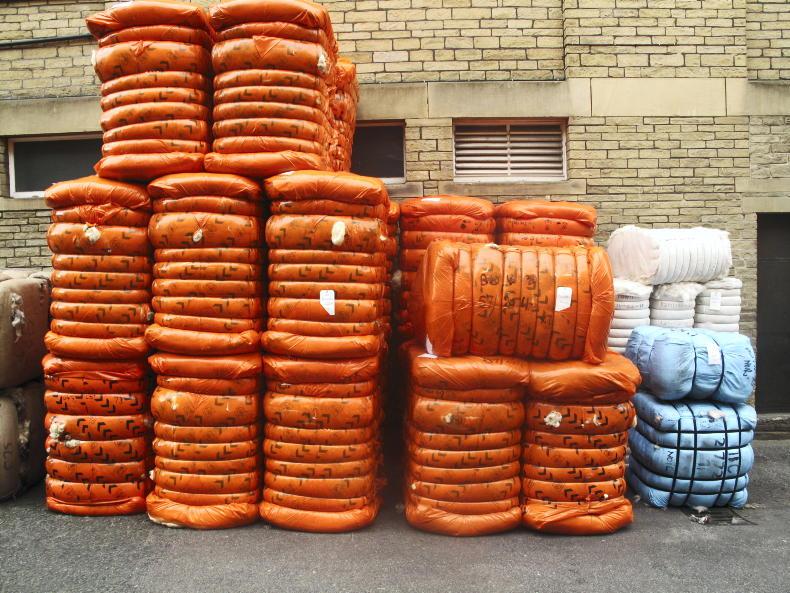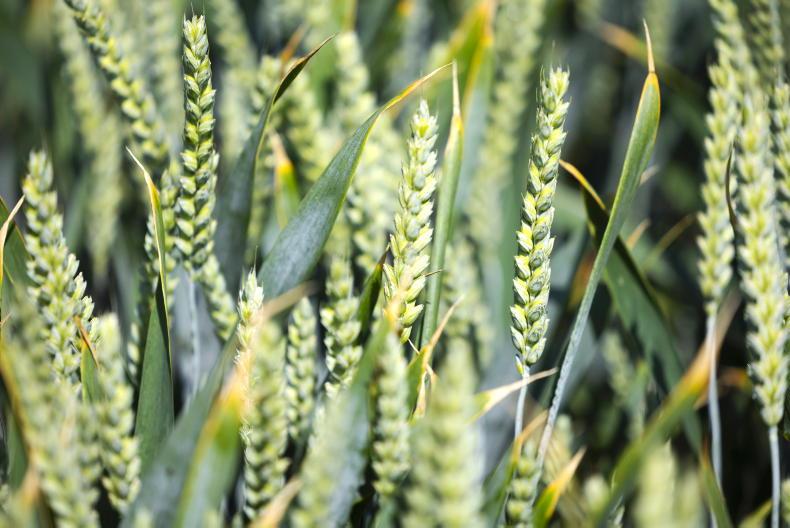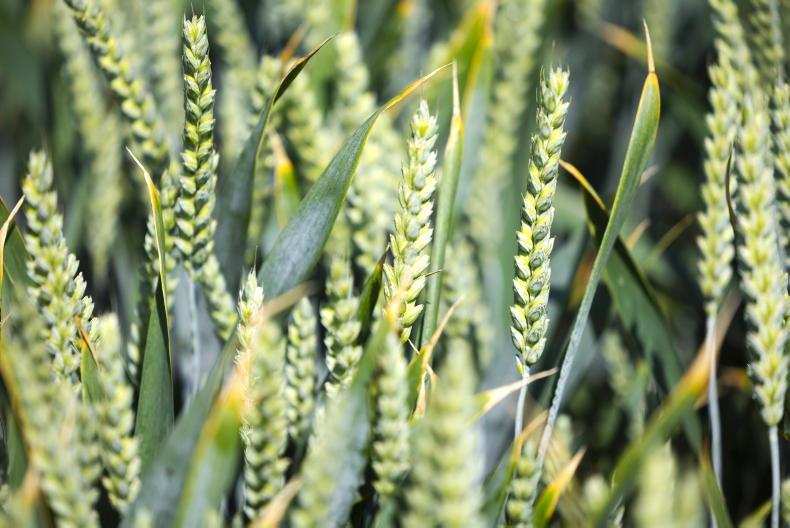The estimated rise in total income from farming (TIFF), by £245 million, in 2017 masks economic realities for many in the sector – especially the continuing weak pound, says NFU Scotland.
The reaction came as the Scottish Government published estimates for 2015 to 2017 showing that net farm income rose by 5% from 2015 to 2016, and suggest it will rise a further 36% for 2017.
Commenting on the rise in cattle and sheep outputs from £1,092m in 2016 to £1,152m in 2017, NFUS livestock committee chair Charlie Adam said: “Positive moves in the value of output from the livestock sector must be viewed with some caution as the continued weakness of the pound over the euro will have paved the way for the rise, while some input costs will have been negatively impacted by the same weakness of sterling.”
Output rose across all sectors to £3.21bn from £2.82bn in 2016.
Scotland and Wales are below Northern Ireland and lower-performing regions in England. Within Scotland, the northeast showed the highest level of income.
Rural economy secretary Fergus Ewing welcomed the results but said that they highlight the importance of EU support payments. “These figures show that output values are the fourth highest in the last decade and have grown more rapidly than associated costs,” he said. “It is particularly pleasing to see income from milk up £117m, based on improving prices.”
NFUS milk policy manager George Jamieson said that the increase in dairy output from £317m in 2016 to an estimated £434m in 2017 reflected the poor incomes from the past two years, when milk prices were at their lowest for a generation. “The challenges for dairy producers remain achieving a level of price which, over a period of time, allows reasonable profitability to mitigate cash-flow issues and also allow for investment.”
The cereals sector, valued at £313m in 2016, rose to £403m in 2017, again largely driven by currency fluctuation, according to NFUS cereals committee chair Ian Sands, who added that 2017’s harvest woes will carry on into 2018, as farmers catch up on delayed planting.











SHARING OPTIONS